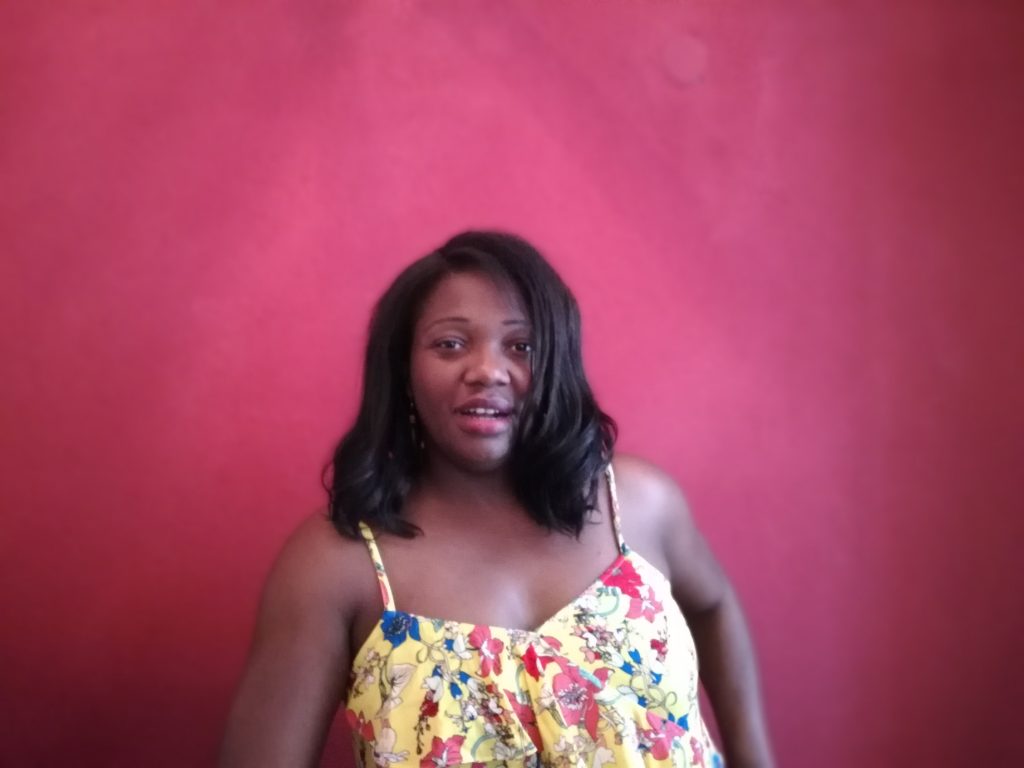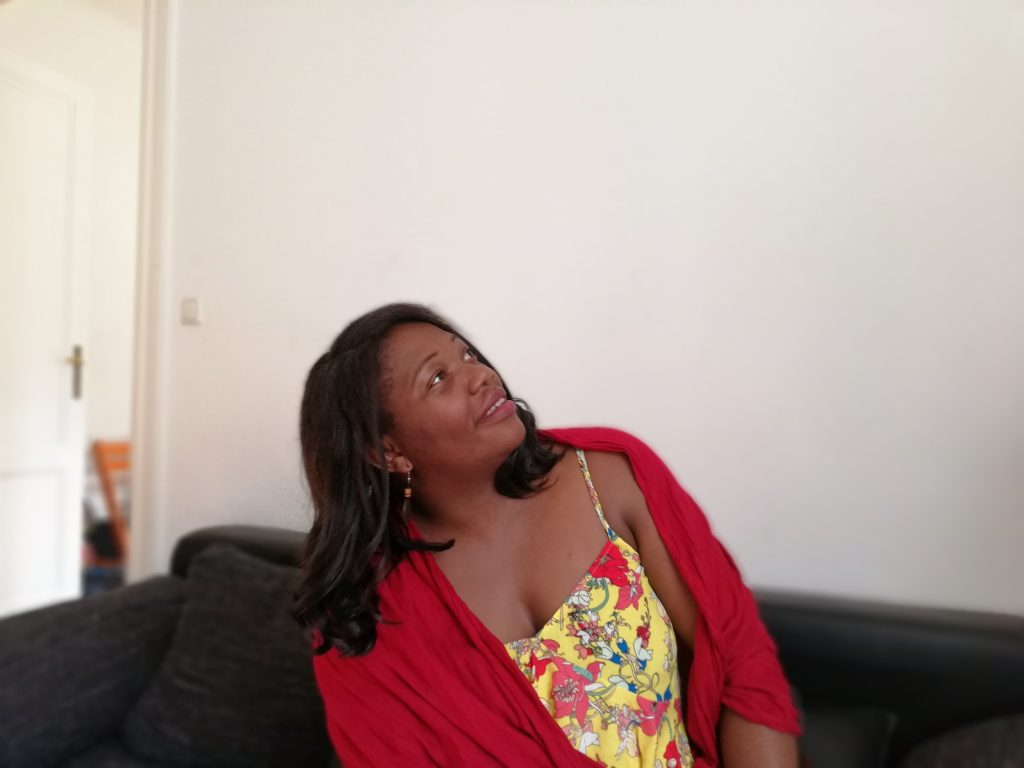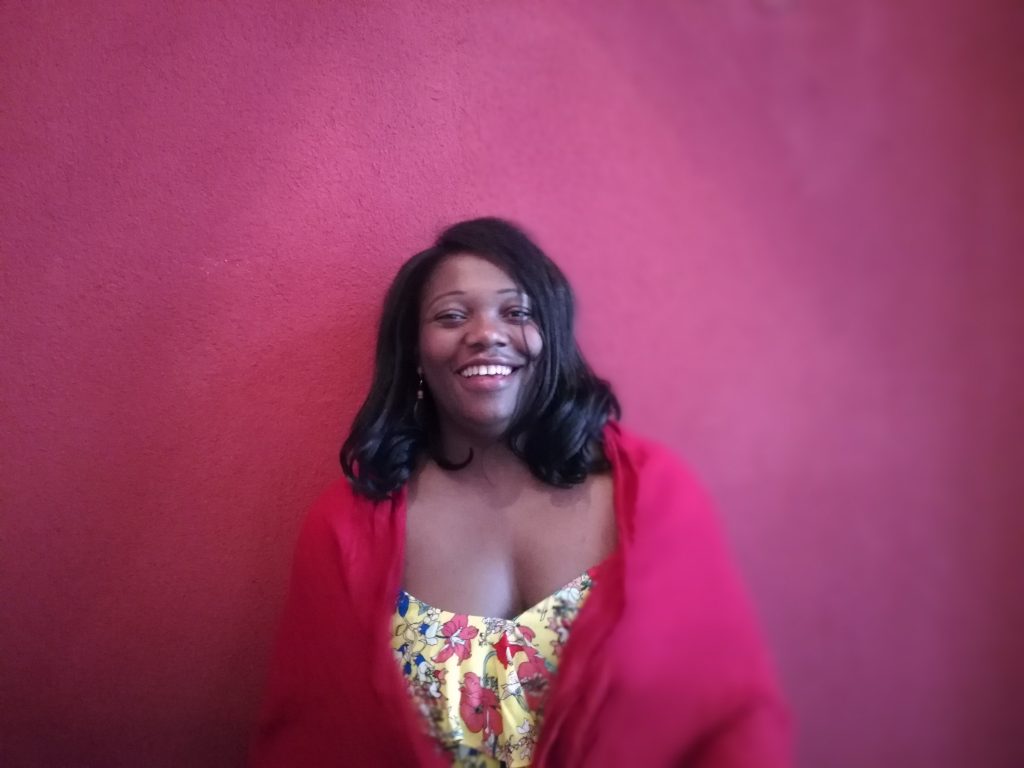
Doing a job that you are passionate about, working as a consultant, enjoying flexibility and managing your schedule as you wish… It all sounds like a luxury to many of us. However, some women of the African diaspora in Vienna have successfully achieved their career as consultants. Today, I would like to introduce you to Viviane Tassi Bela, a talented woman of Vienna and staunch advocate for women empowerment. She is generously sharing with us her journey… Enjoy
Can you introduce yourself and tell us about your background?
My name is Viviane Tassi Bela, I work as a gender expert and evaluator for international organizations mainly UN agencies. I have been working for 10 years now. I started in the private sector, worked for many companies, travel agencies as well and I decided to make a move. I was missing something, especially the human value behind. So I started a new Master’s degree in project management here in Vienna, which I got with honour. Then, I started in 2008 to work for NGOs and the German Ministry of Cooperation and now I mainly work for UN Agencies as an independent consultant
Am curious, where are you from originally?
I am from Cameroun, I was born in Yaounde, southern part of Cameroun and I grew up there. My parents were both journalists and teachers so they moved a lot in the country. For instance, I spent 10 years in the northern part. I had a kind of overview of the country and the different realities and cultures. And I came to Europe when I was eighteen at the time.
How would you describe yourself in three words?

Passionate: I am very passionate I cannot achieve something without giving my all or my full commitment. I am someone who loves what I am doing. If you take that aspect away I cannot achieve the same results.
Family-oriented: Family is the first system where we can find our strength, our values and our identity.
Life enthusiast: I am enjoying life. I think it is a great gift to be healthy and to be a live so we can make our best on a daily basis. So I enjoy every moment.
What was your first challenge in Austria?
I first arrive in Austria when I was 18 to visit my then partner. I had to learn German and I could not engage with people and understand the information around me. So I had to learn the language. And I remember that it was my first shock. The name of the street I used to live in was so complicated that I had to write it down on a sheet of paper and read it out to the taxi driver, can you imagine.
I arrived in 1999-2000, the political landscape in Austria politics in my eyes was not good, and we had had the far-right in power with Jorg Haider. The Political dynamic was different and I did not feel good about it and I did not know how to position myself. You come as a young, black, and African woman to a new country, and the first thing is that you face is a society that gives you clear signals that they do not want foreigners. I was too young to understand the dynamic there but at the same time I was very happy to see the Donnerstag Demo, each Thursday people went on the street to demonstrate against the political situation in the country and this helped me to better understand the country, not everybody supported what was going on there, there was also another dynamic.
What has really charmed you about Austria’s culture?
Zwiebelrostbraten mit knoedel! (Roast beef with crispy fried onions and dumplings). This is my favourite dish in Austria I can eat it every day, I discovered it in a heurigen with a good wine. That was a positive aspect that definitely charmed me.
Vienna is also a beautiful city to live in. I am a fan of culture, there are lots of exhibition here, you have many museums that are really affordable.
I am fan of culture I discovered the work of Klimt, Schubert, there a several aspects of Vienna that I find attractive.
About which achievement are you the most proud about yourself?
I am very good at my job, being a consultant for UN agencies on the evaluation side. I am very proud of it. It is like a recognition for me to work at the very high level of decision making level. I get many offers and I have opportunity to actually choose who to work with or not.
You have two mixed sons how do you connect them with your African culture?
I took my whole family in 2010 back to Africa, three years in Cameroun and two years in Rwanda. And during those three years in the Cameroun they really learnt a lot. They really discovered where they mom came from. And I was so proud of them how fast they adapt and made friends there. And they always asking when are going back there: “We did not go last year, we miss it, we have to organize it!”
Which advice would you give to young women from the African diaspora to reach their full potential and achieve their dreams?
I think that the first step is to recognize our own value. We are valuable. And there is a big issue with many young girls from the diaspora or young women that underestimate themselves quite often. They come to the labour market and they are thinking I am not qualified enough, am not good enough, I am going to be discriminated, I am black and the word of racism is coming back always. You should set this aside and focus on yourself. Look back, where you are from and look at your own journey. You managed already a lot your life and analyze each milestones, and I guarantee you will be proud.
The second thing is that we have to be aware that the context is changing and you can’t just say I studied A and I am going to work on A. We have to be polyvalent, you have to be good at B, and also be able to deal with C and even with D. It open many doors to you. You have to specialize yourself one, two or three things you are very good at. Otherwise you will be only looking at one door all the time and at the end of the day the door is not opening and you end up having nothing. We have to open our options and leave your comfort zone.
Don’ be afraid just dare it. If you see a job application you may not be filling all the requirements but you know can learn it on a short period of time, so just try. We have to dare and lock at many doors. I want this job and I am ready to learn.
What has been your biggest challenge in your career so far?
I am a working mum at a very high level, in decision making spheres. You have to manage your job, be good at it, overlapping assignments with different clients, managing the deadlines, organizing your family’s needs before going on mission to the fields. And there are so many things that you have to prioritize and sometimes it requires a lot of energy.
You are an expert on gender and leadership, why do you think that transformational leadership matters for women?
Women are already born leaders but they are not aware of that. If you look at the roles that women are given. We are managing things that are nor seen, that are unpaid not recognized: family, house care, health, basically the system around them. The idea behind is that if you are managing at home you can also manage outside and at work. Transformational leadership is about mindset change. It is about teaching girls and women that they have the potential to achieve a lot.
Women still earn 30% less than their male counterparts, in the whole world there are only 20 female leaders are head of states…You just cannot exclude 50% of the population.
What is your favourite quote?
“It is always seem impossible until it is done! “

Leave a Reply